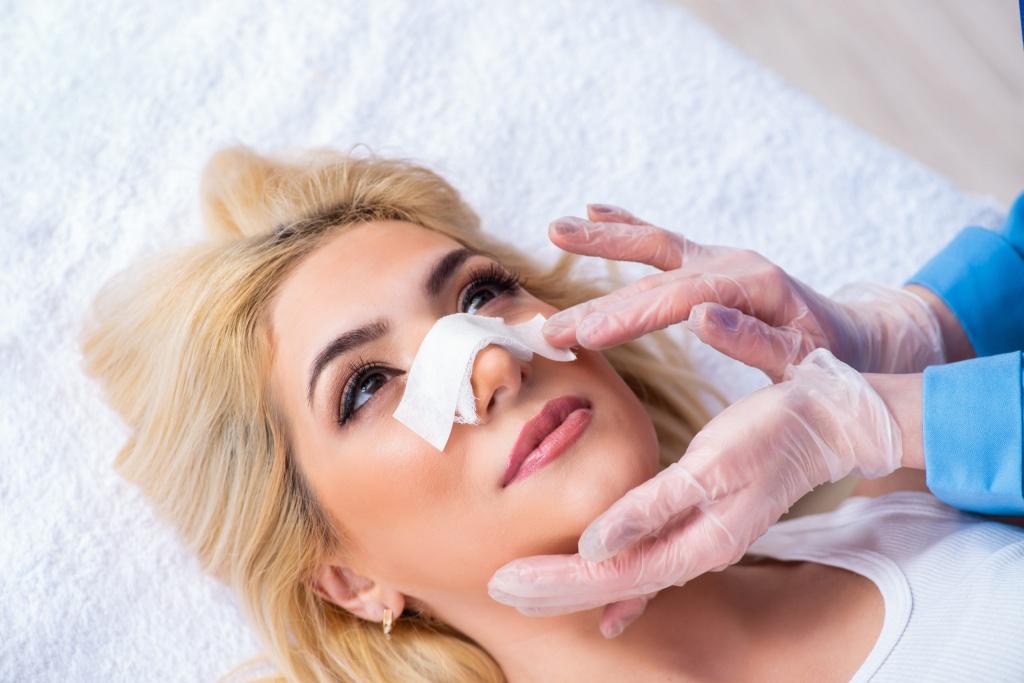
Deciding whether rhinoplasty surgery in riyadh is right for you is a personal and significant decision. In Riyadh, with its growing medical sophistication, accessing information and skilled surgeons is readily available. However, a thorough understanding of the procedure, its benefits, potential risks, and your own motivations is crucial before proceeding. Let's delve into the key aspects to help you determine if rhinoplasty aligns with your needs and expectations.
Assessing Your Motivations:
The first step is to honestly assess your motivations. Are you seeking rhinoplasty to address functional issues like breathing difficulties, or are your concerns primarily aesthetic? Understanding your reasons will help you communicate effectively with your surgeon and set realistic expectations. It's essential to distinguish between genuine desires and external pressures. Rhinoplasty should be a personal choice driven by your own needs, not influenced by fleeting trends or societal expectations.
Understanding the Procedure:
Rhinoplasty involves reshaping the nose by altering the underlying bone and cartilage. Surgeons employ various techniques, including open and closed rhinoplasty, depending on the complexity of the case. Open rhinoplasty involves a small incision across the columella, while closed rhinoplasty involves incisions inside the nostrils. Understanding these techniques and their implications for scarring and recovery is essential.
Evaluating Your Nasal Anatomy:
A thorough evaluation of your nasal anatomy is crucial for determining the feasibility and potential outcomes of rhinoplasty. Factors such as the thickness of your skin, the structure of your cartilage, and the presence of any underlying medical conditions can influence the results. A skilled surgeon will assess these factors during your consultation and develop a personalized treatment plan.
Considering Functional Concerns:
Rhinoplasty can address functional concerns like a deviated septum, which can obstruct airflow and cause breathing difficulties. If you experience chronic nasal congestion, snoring, or sleep apnea, rhinoplasty may offer significant relief. Addressing these functional issues can improve your quality of life and overall well-being.
Setting Realistic Expectations:
It's crucial to have realistic expectations about the outcomes of rhinoplasty. While the surgery can significantly improve the shape and function of your nose, it's essential to understand that perfection is unattainable. Your surgeon will discuss the potential results and limitations of the procedure during your consultation.
Understanding the Recovery Process:
Rhinoplasty recovery involves swelling, bruising, and discomfort for several weeks. You will need to take time off work and avoid strenuous activities. Following your surgeon's post-operative instructions carefully is essential for optimal healing and results. Understanding the recovery timeline and potential discomfort will help you prepare for the procedure.
Assessing Potential Risks and Complications:
Like any surgical procedure, rhinoplasty carries potential risks and complications, including infection, bleeding, and adverse reactions to anesthesia. While rare, these risks should be discussed with your surgeon during the consultation. Understanding these risks will allow you to make an informed decision.
Choosing the Right Surgeon:
Selecting a qualified and experienced rhinoplasty surgeon is paramount. Look for a board-certified plastic surgeon specializing in facial procedures. Review before-and-after photos, read patient reviews, and schedule consultations with multiple surgeons to find the right fit. Your surgeon's expertise and communication skills are crucial for a successful outcome.
Evaluating Your Emotional Readiness:
Rhinoplasty can have a significant impact on your appearance and self-image. It's essential to be emotionally prepared for the changes and have realistic expectations about the psychological effects of the surgery. Discuss your concerns and expectations with your surgeon and consider seeking support from a therapist or counselor if needed.
Considering the Cost:
Rhinoplasty costs can vary depending on the complexity of the procedure, the surgeon's experience, and the clinic's location. Obtain a clear understanding of the fees involved and any potential additional expenses. While cost should not be the sole determining factor, it's essential to consider your budget and financial resources.
Asking the Right Questions:
During your consultation, ask your surgeon detailed questions about their experience, the procedure, the recovery process, and potential risks. Open communication is crucial for a successful outcome.
Key Questions to Ask:
- What are your qualifications and experience with rhinoplasty?
- Can I see before-and-after photos of your patients?
- What surgical techniques do you recommend for my case?
- What are the potential risks and complications?
- What is the recovery process like?
- What are the costs involved?
By carefully considering these factors and engaging in open communication with your surgeon, you can make an informed decision about whether rhinoplasty is right for you. Remember, this is a personal journey, and your comfort and confidence are paramount.

